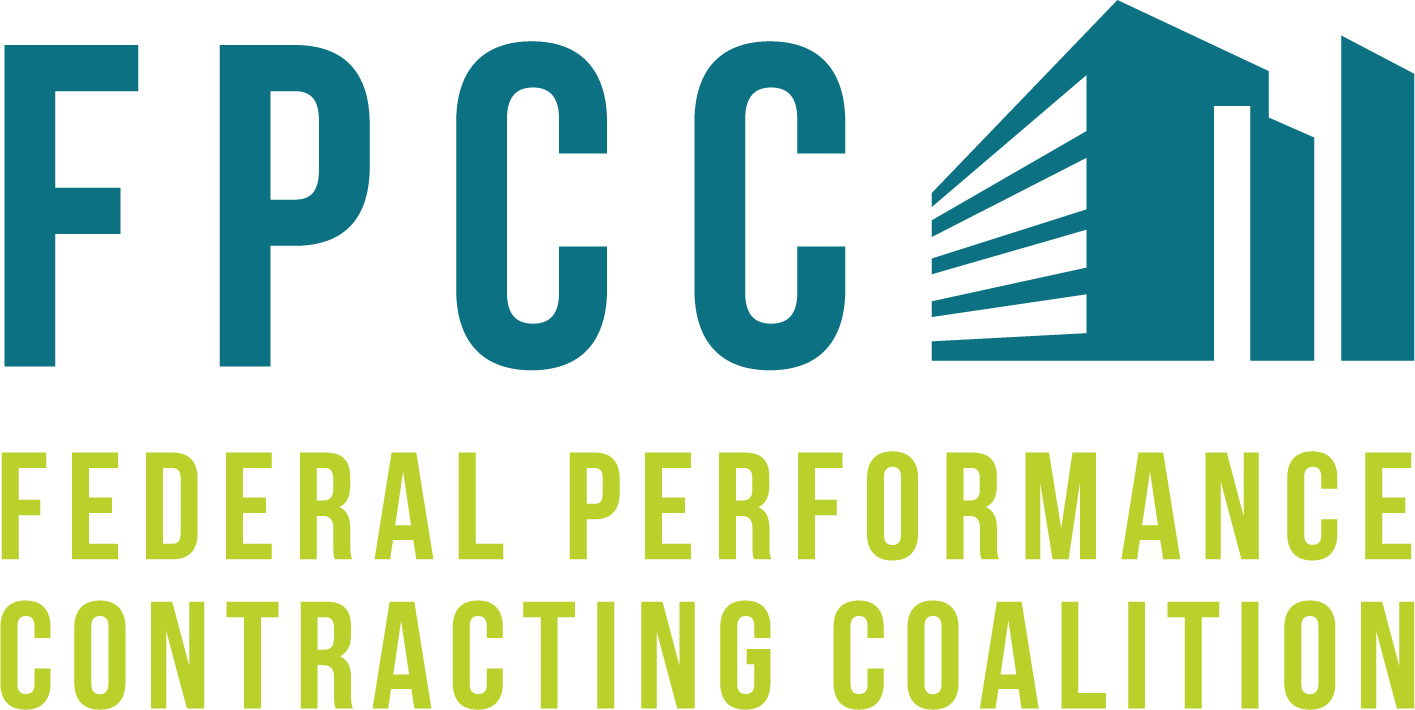Water leaks can start as a minor inconvenience and quickly escalate into a major problem if left unaddressed. From damaging your home’s foundation to encouraging mold growth, leaks are among the most common and costly issues homeowners face. For reliable repairs and expert plumbing solutions, visit www.taptechplumbingandgas.com.au to ensure your home stays safe and leak-free.
In this article, we’ll explore the most common sources of water leaks and provide practical tips to help you keep your plumbing system secure.
1. Aging or Corroded Pipes
The Cause:
Over time, pipes made from galvanized steel, copper, or even older plastics can corrode, weaken, or develop cracks. Water pressure, temperature changes, and mineral buildup from hard water can accelerate this deterioration.
Prevention Tips:
-
Schedule regular plumbing inspections.
-
Replace outdated piping with modern, durable materials like PEX or PVC.
-
Install a water softener if you have hard water to reduce scale buildup.
2. Faulty Pipe Joints
The Cause:
Pipe joints—where two sections of pipe connect—are vulnerable spots in any plumbing system. Poor installation, thermal expansion, or aging sealants can cause leaks at these connections.
Prevention Tips:
-
Insulate your pipes to reduce the stress caused by temperature fluctuations.
-
Watch for warning signs like unusual moisture or rust stains around joints.
-
Have a professional inspect joints during routine maintenance checks.
3. High Water Pressure
The Cause:
While high water pressure might feel great in the shower, it can strain your pipes and lead to leaks or bursts, especially in older systems.
Prevention Tips:
-
Install a pressure regulator to keep water pressure within safe levels (typically between 40–60 psi).
-
Monitor your pressure using a home water pressure gauge.
-
If your faucets clunk or sputter, have the pressure checked by professional plumbers.
4. Clogged Drains or Toilets
The Cause:
Clogs don’t just cause back-ups—they can also create pressure inside pipes, especially when the blockage causes water to backflow or overflow, leading to leaks in unseen areas.
Prevention Tips:
-
Avoid flushing anything besides toilet paper and human waste.
-
Use drain screens to catch hair and debris.
-
Regularly clean and maintain drains using safe, non-corrosive solutions.
5. Appliance and Fixture Failures
The Cause:
Washing machines, dishwashers, refrigerators, water heaters, and even sinks can all leak due to worn-out hoses, loose connections, or internal component failure.
Prevention Tips:
-
Check hoses and water supply lines every 6–12 months for signs of wear or cracks.
-
Replace rubber hoses with braided stainless-steel lines for added durability.
-
Ensure appliances are level to prevent stress on fittings and hoses.
6. Damaged Roof or Gutters
The Cause:
While technically outside your plumbing system, a leaky roof or clogged gutter can allow water to enter your home, leading to wall, ceiling, and structural damage. Investing in proper gutter installation can help prevent these issues by ensuring water is directed safely away from your home’s foundation.
Prevention Tips:
-
Clean gutters seasonally to prevent overflow.
-
Inspect your roof for missing shingles or damaged flashing.
-
Trim tree branches that hang over your roof to prevent damage from debris.
7. Cracked or Broken Seals
The Cause:
Seals around appliances, toilets, tubs, and windows degrade over time. When they crack, shrink, or loosen, water can seep in unnoticed, causing leaks and moisture damage. Addressing these issues quickly is key, and reliable emergency plumbing in Upland, CA can help prevent further damage and restore your home’s integrity.
Prevention Tips:
-
Reseal caulking around tubs, sinks, and windows every few years.
-
Check for water near appliances or fixtures where seals may have failed.
-
Don’t ignore signs like warped flooring, peeling paint, or unexplained dampness—these may be indicators that it’s time to call in professional flooring services to assess and address the issue.
8. Underground Leaks
The Cause:
Leaks can also occur in pipes buried under your yard or home’s foundation. Shifting soil, invasive tree roots, and wear over time can all contribute.
Prevention Tips:
-
Look for signs like unusually high water bills, soggy patches in the yard, or reduced water pressure.
-
Use smart water monitoring systems to detect hidden leaks.
- Have a licensed plumber conduct pressure tests if underground leaks are suspected. For reliable service, consider hiring a plumber orange residents trust for accurate diagnostics and repairs.
9. Poor Construction or DIY Repairs
The Cause:
Improperly installed plumbing, cheap materials, or rushed DIY jobs can increase the risk of leaks. Inconsistent pressure, improper joint sealing, and lack of proper permits all contribute to future problems—issues that can often be avoided by hiring a licensed professional, such as a plumber in Creston, IA, who understands local codes and best practices.
Prevention Tips:
-
Always hire licensed, experienced professionals for major plumbing work.
-
Don’t cut corners with materials—invest in quality parts.
-
Inspect all plumbing after renovations or additions to ensure compliance and safety.
10. Foundation Shifts or Settling
The Cause:
Homes naturally settle over time, but excessive shifting due to soil erosion, poor drainage, or seismic activity can put stress on plumbing systems, leading to pipe breaks or misalignments.
Prevention Tips:
-
Ensure proper drainage around your foundation to minimize soil movement.
-
Use flexible pipe connections in vulnerable areas.
-
Monitor for cracks in walls or floors, which can signal foundation issues affecting plumbing.
Water leaks may be common, but they are also highly preventable with the right knowledge and proactive maintenance. Early detection and prevention are key to avoiding costly structural repairs and mold damage. Investing in routine plumbing inspections, using high-quality materials, and staying alert to early signs of trouble will go a long way in protecting your home.
And if a leak does occur, don’t wait—contact a professional water leak repair specialist to assess and fix the issue before it escalates. After all, a small drip today can become a flood tomorrow. Trustworthy and responsive, Water Damage Restoration Houston helped us recover quickly.
